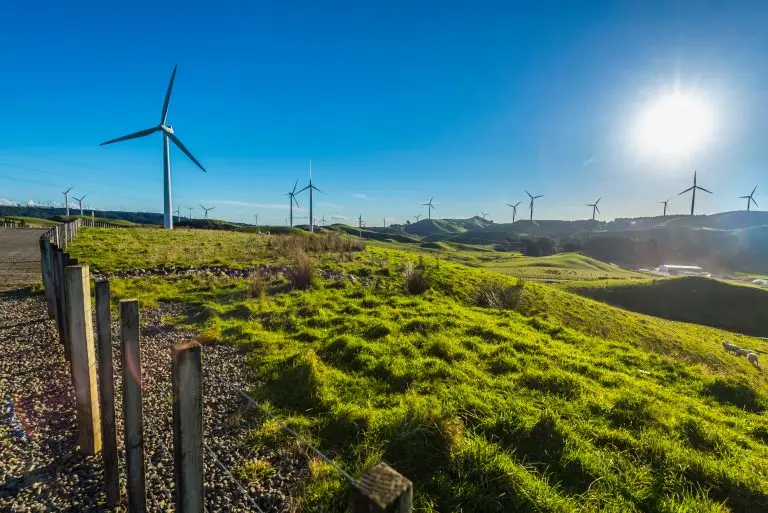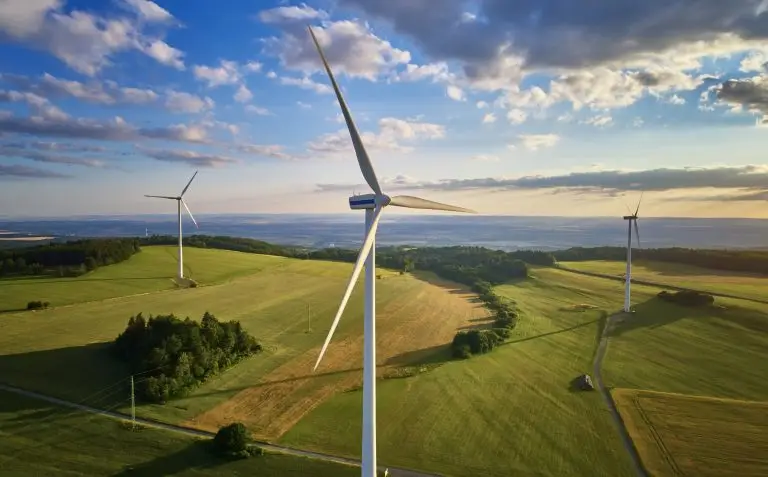After much debate, the Law no. 256/2018 on measures necessary for implementing petroleum operations by titleholders of petroleum concessions regarding offshore petroleum perimeters (“Offshore Law“) was finally passed in November 2018 – key changes are summarized below. The Offshore Law replaces the old Government Emergency Ordinance no. 160/1999.
Progressive windfall tax
In addition to royalties ranging between 3.5% and 13% of the gross production value (calculated based on a formula that takes into account the quotation of gas at Baumgarten hub (Vienna, Austria)), offshore concession holders will pay a progressive windfall tax on additional revenues generated from the sale of offshore gas, ranging from to 15% to 70% depending on the gas price (i.e. the higher the sale price, the higher the percentage). The additional revenue is calculated as the difference between the average weighted offshore gas price, which shall not be lower than the reference price set by the National Agency for Mineral Resources, and RON 45.71/MWh, multiplied by the volumes sold. The value of investments in the upstream segment will be deducted from the windfall tax up to an amount equal to 30% of the total tax, but will not be deductible for profit tax purposes.
Stability clause
Titleholders of ongoing offshore petroleum concessions will enjoy, for the duration of their concession, the same royalties’ system (including same quotas and reference gross production levels) and fiscal regime specific to the exploration, development, exploitation and abandonment activities carried out based on the petroleum concession agreements in place at the date of entry into force of the Offshore Law.
Specific permitting for construction of infrastructure
A much-needed clarity with respect to the competences for issuance of permits for infrastructure construction works and well drilling in connection with offshore perimeters is finally brought by the Offshore Law. The new rules are aimed at simplifying and reducing the duration of the works permitting process (there are even fines payable by authorities in case of unjustified delays in the issuance process). The Ministry of Energy and the National Agency for Mineral Resources share the competence for issuance of such permits.
Special derogatory rules are set out for zoning and for historical monuments and archaeological sites.
Legal right of way over property held by the state and administrative territorial units
The Offshore Law introduces a new right of way (underground, surface and aerial, including with vehicles, machineries and equipment) in favour of titleholders which carry out operations in connection with offshore petroleum perimeters, over the immovable public or private properties of the Romanian State or Romanian territorial administrative units (“Legal Right of Way”).
The Legal Right of Way is exercised subject solely to (i) a 30 days prior notification sent to the owners of the affected land or other holders of real rights in connection with the affected land and to the Ministry of Energy; and (ii) payment of compensation (for the use of the affected land) and indemnification (for damages caused by the exercise of the right), in an amount to be determined by authorised expert appraisers, selected and appointed by the Ministry of Energy. The Legal Right of Way may be exercised: (i) irrespective of whether it is registered in the land book or not, (ii) without prior agreement with the owners or other holders of real estate rights in connection with the relevant land and (iii) irrespective of any pending claims or disputes in connection with the immovable property (registered or not with the land book).
As regards the immovable property owned by private individuals or companies (i.e. not by the state or localities), the titleholders will continue to use the servitude rights provided by the Petroleum Law no. 238/2004.
Other obligations
The offshore producers are also required to trade at least 50% of the Black Sea gas production on the Romanian natural gas centralised wholesale markets (OPCOM and the Bucharest Commodities Market).
Non-resident subcontractors of the producers are required to set up and maintain a branch or subsidiary in Romania.
The titleholders of offshore perimeters are required to procure goods and services from entities established in Romania or the European Union, in case of equivalent technical conditions and price.
Moreover, the titleholders of offshore perimeters are required to ensure that at least 25% of the annual average number of employees employed within their offshore perimeter are Romanian citizens with fiscal residency in Romania. There are also specific health and safety provisions for workers carrying out offshore activities, derogating from the Romanian Employment Code, such as: (i) the normal average duration of the working time is 168 hours/month, calculated for a reference period of 12 months; (ii) overtime working hours are compensated with a 75% increase over the normal salary, for each overtime hour which is not recuperated by free time.




